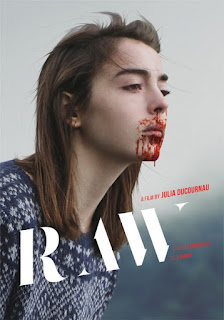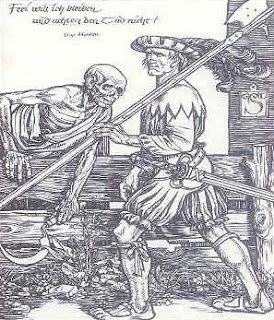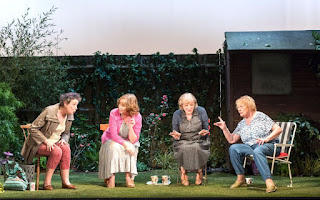Theater: Wallace Shawn's dystopian Evening at the Talk House disappoints
Wallace Shawn’s Evening at the Talk House (2015) begins very promisingly, with a lovely sense of anticipation. We enter the small theater walking through and amidst actors already mingling in the living room of the intimate surround-set. Wow, there is Wallace Shawn ( My Dinner with Andre ) and Matthew Broderick, two feet away from me! What might come of this glam-casual NYC cocktail party? What follows is a dark, unsatisfying play. It opens with an overly long monologue by Mr. Broderick, playing a laconic playwright-in-decline, who goes on about the decline of theater, his past successes, the decline of culture in the world, etc. Then the cocktail party of over-the-hill theater performers and producers gets going, largely with chit-chat, interrupted by Dick’s (Mr. Shawn) entrance in pajamas, with bandages on his face. As the two hour play unfolds, the casual conversation reveals Mr. Shawn’s view of the dark dystopian side of our society. The old and past-their-prime (like Dick) a...


